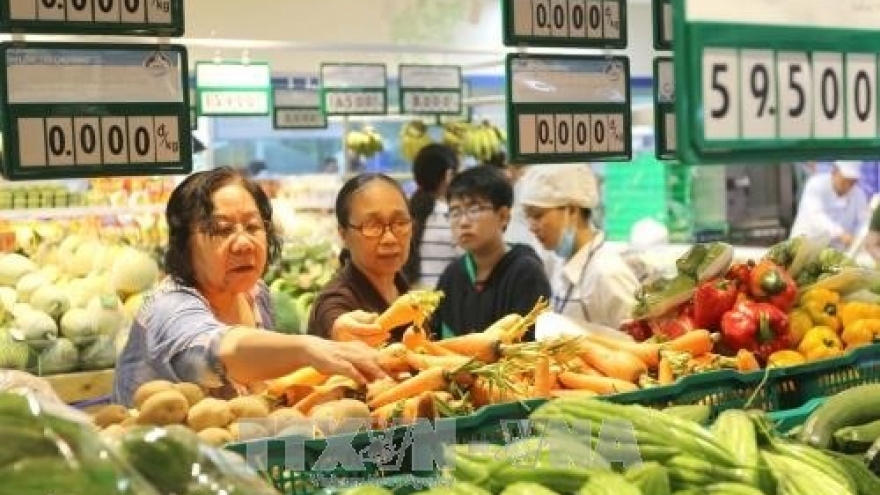UNIQLO visit may turn fashion retail up-side-down once more
A delegation of UNIQLO has just visited to look for investment opportunities in Texhong Hai Ha Industrial Park and discover avenues of co-operation with Hualida Garments Co., Ltd.
 |
For the operation of the IP, the group has received extensive support from Quang Ninh province to complete investment procedures, land clearance, and the construction of the transport and power systems.
Thereby, 6-kilometres of internal road, a transformer station system, and a wastewater treatment plant with the capacity of 6,000cu.m per day have been built. It is expected to put another 10,000cu.m wastewater treatment plant into operation in this June.
There are five secondary investors operating in the fields of yarn, dyeing, and textiles and garments at Texhong Hai Ha IP, creating over 6,000 jobs for locals.
While visiting the IP, UNIQLO’s delegation was impressed by the development and scale of investment of Texhong Textile Group Limited and the secondary investors at the park. They expressed optimism about prospects of actually bringing a project to the IP.
UNIQLO, which is wholly-owned subsidiary of Fast Retailing Co., Ltd., is a Japanese casual wear designer, manufacturer, and retailer. This is the fourth largest fashion brand in the world, and is one of the highest tier stocks on the Tokyo Stock Exchange.
UNIQLO has a thousands of stores in its distribution chain in numerous countries across the globe, such as the US, Australia, UK, France, China, and the Republic of Korea (RoK).
During the visit, the UNIQLO delegation has paid much attention to the production line of Hualida Garments Co., Ltd. (also in the IP), which is promising news for both the IP and Hualida Garments.
Does UNIQLO’s visit signify a potential foray to the Vietnamese market by the Japanese fashion retailer? In case UNIQLO has designs that extend over utilising the country as an affordable manufacturing hub with great export ties to global markets and plans to open official stores in Vietnam, fashion giants Zara, H&M, and newcomer Superdry are looking at heightened competition at a market that is already throwing sparks.


